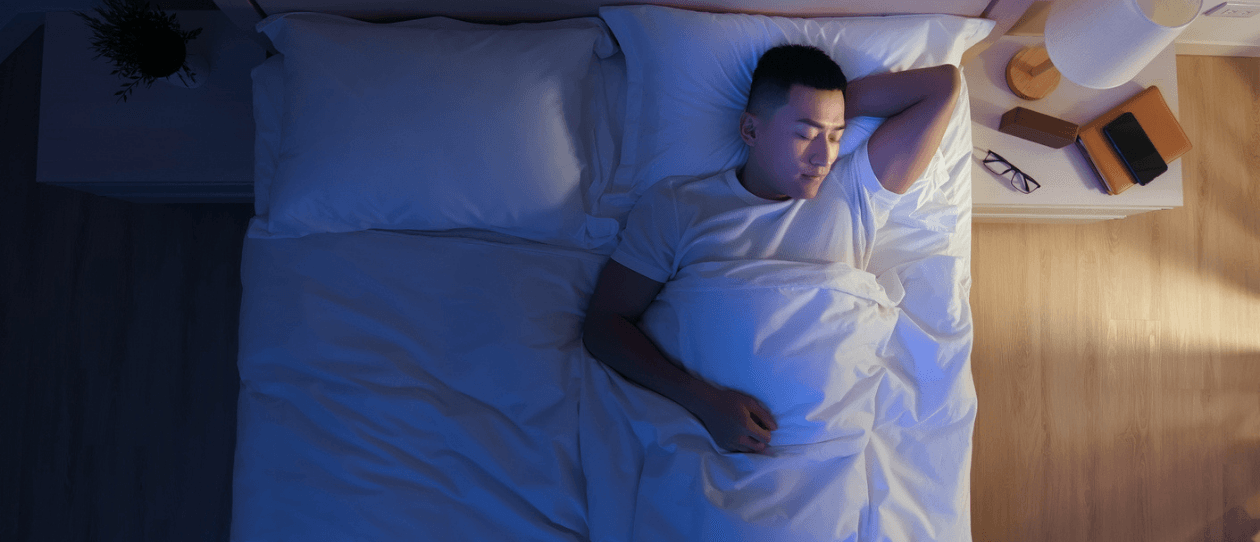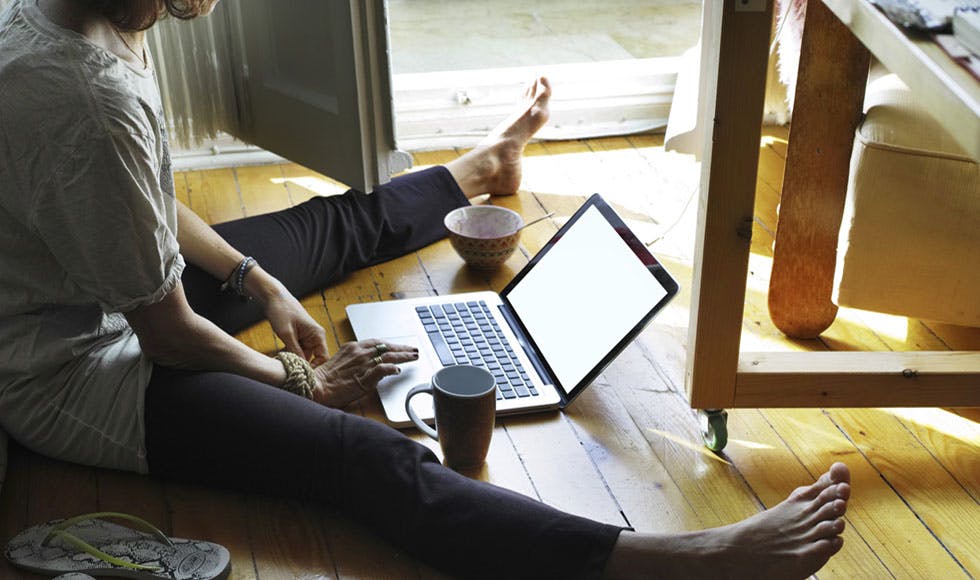
- Health hub/
- Stress relief & sleep support/
- How much sleep do you really need?


Find out how many hours of sleep you need to wake up feeling refreshed and ready to take on a new day.
We all know the benefits of a good night’s sleep, but with increasingly busy lives featuring jam- packed work schedules and family commitments, as well as the ever-encroaching demands of technology, are you actually getting enough sleep? And just how much is enough, anyway? Here’s what you need to know.
Sleep recommendations for different life stages
First things first, here’s what official guidelines recommend in terms of how many hours per day of sleep is needed for different age groups.
Now that you’re clear on the ideal amount of sleep you need depending on your age and life stage, it’s important to bear a few things in mind.
How to tell if you’re getting enough sleep
As you’ve just read, underestimating how many hours we spend asleep at night is common. So how can you tell if you really are – or aren’t – getting enough shut-eye?
Before you respond with ‘use a sleep tracker’, a word of caution. On top of research that shows devices can actually contribute to problems because of the pressure they can create to hit sleep targets, accuracy is another problem. Research suggests sleep trackers are only accurate 78 per cent of the time at identifying ‘sleep’ over ‘wakefulness’, and only 38 per cent of the time at accurately gauging how long it takes people to fall asleep.
Having the occasional bout of what’s called ‘sleep disturbance’, where you do have difficulty falling and staying asleep, isn’t uncommon, but regardless, many people continue to function well the day after. The difference is when your sleep is disrupted and you regularly start noticing symptoms of sleep deprivation during the day. Things to look out for include:
How to get a good night’s sleep
If you recognise any of the sleep-deprivation symptoms listed above and you feel like you’re not getting enough sleep each night, the good news is there are many things you can try.
For starters, cultivating good sleep hygiene is key. In a nutshell, this is all about promoting healthy bedtime behaviours and creating an ideal environment for sleep, which involves everything from reducing noise and light to maintaining a regular bed and wake time.
You may also like to try mindfulness meditation, which research shows can deliver improvements in sleep quality and daytime sleepiness without a significant time investment. Taking a supplement that's designed to support healthy sleep may also help, and there are a variety of different supplements to choose from depending on whether you’re waking up feeling tired, find falling asleep difficult, or if your sleep regularly feels restless. Learn more about which one might work best for you, here.



